Bucha escalates Vladimir Putin’s risks
If Vladimir Putin is hearing the wings of the angel of premature retirement, it’s because oil and gas sanctions are back on the table.
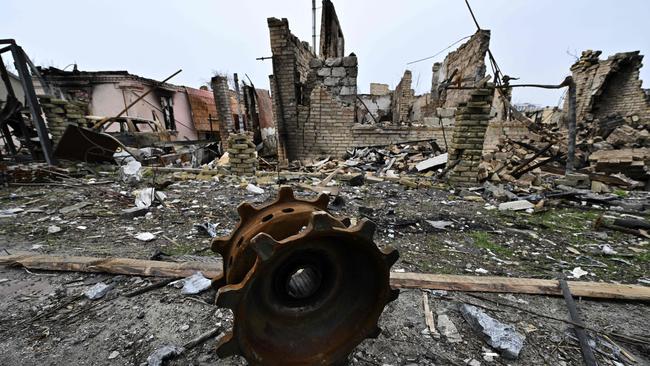
If Vladimir Putin is again hearing the wings of the angel of premature retirement beating around his head, it’s because oil and gas sanctions are back on the table after evidence of the mass murder of civilians in the Kyiv suburb of Bucha.
French President Emmanuel Macron has called for banning Russian sales of oil and coal if not yet the natural gas of Germany’s addiction. The US may up the ante with secondary sanctions on Chinese and Indian companies taking advantage of steep discounts on Russian oil cargoes. With increasing petulance, Germany’s Olaf Scholz has been fighting off bank and think-tank modellers suggesting a hard stop to gas imports might be manageable after all.
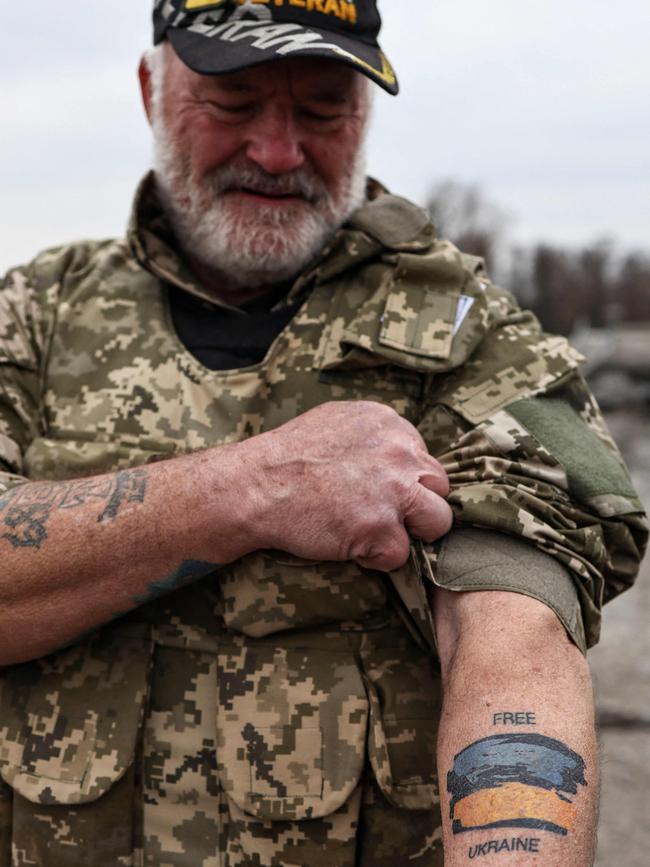
Whatever his imperial fantasies, meanwhile, Putin has reverted to being the profoundly cynical survivalist he always was. He and his regime quickly reconciled themselves to a permanent war economy even if that’s not what they expected. (They certainly expected to have access to $300 billion in official Kremlin reserves frozen in foreign central banks.)
But a cold war can be of variable temperature. By abandoning his attempt to take over the capital of Kyiv, a goal the Russian now pretends he never had, Putin may not be jettisoning his ambitions forever. But he needed to stop the cycle of escalation. The reason was the situation he never expected to be in, facing a prospect of his energy revenue — currently running at $US1.8 billion per day — being shut off.
The rouble is up. He has come through thus far with energy sales not only intact but benefiting from inflated prices. In some overly generous interpretations, the Russian people are rallying behind his war, though the polls may really tell us most Russians see no option but to conform. Urban professionals in Moscow and St Petersburg weren’t Putin’s worry. Novocherkassk — the city where Soviet troops in 1962 fired on ordinary Russians protesting high food prices and the KGB was desperately summoned to silence witnesses and cover up a massacre — was the precedent he feared. A student of the Arab spring, and especially Muammar Gaddafi’s death in a roadside ditch, Putin could see his own future in the food riots that started a wave of revolutions in the Arab world.
When the files are opened, I suspect we’ll find Putin spending the last weeks believing he had successfully stabilised a situation that was getting out of hand, causing a risk to his all-important energy income.
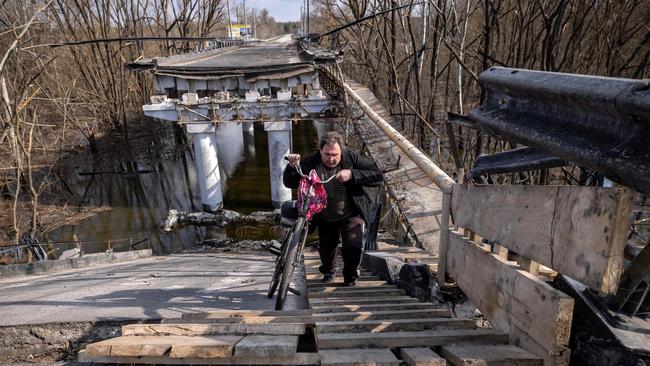
Stabilising a high-risk situation was also on Western minds. Germany’s economic minister insisted on Sunday that Russia had already suffered a sufficiently exemplary defeat and more sanctions wouldn’t be helpful. Lip service has been paid to hurrying up greater wind and solar subsidies, never mind the missing evidence that these subsidies have much impact on fossil-fuel consumption.
Until Bucha, the sun seemed to be setting on any real prospect of sanctioning Russian energy, including the plausible and sensible idea of escrowing payments to Moscow until a ceasefire is agreed. Now the news cycle is turning dangerous for Putin again, as Ukrainian witnesses start to tell what they know, as bodies are identified, as Russian defectors likely speak up, as Western intelligence agencies perhaps ransack their undigested intercepts of Russian war-zone traffic.
Eleven days ago, I thought the crisis was stabilising and only an accident or another Putin miscalculation might destabilise it again. To Putin, Bucha probably seems a bit of both.
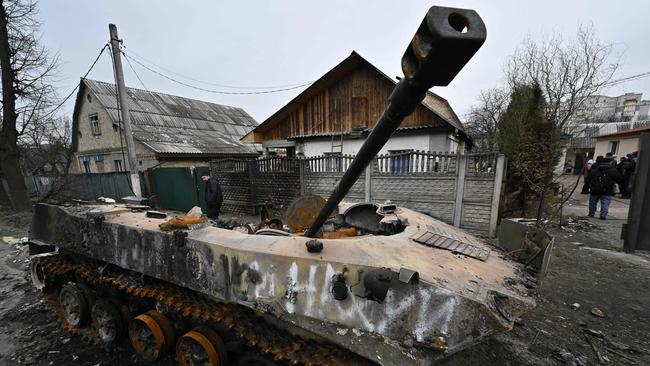
Then again, containing the crisis may have been illusory all along. Between the lines of the Journal’s excellent deconstruction of how Russia, the West and Ukraine found themselves in their present fix, the driving force was the will and aspiration for 40 million Ukrainians not to live in uncertainty, insecurity and penury as a buffer between the authoritarian Putin and the democratic and law-abiding West, but to live their own lives and develop their own potential as a free and sovereign people.
The West won’t get the crisis right until it allows for this inconvenient reality since this reality is not going away.
We might also draw a tighter bead on why deterrence failed. It failed because of Germany’s inability to do without Russian gas. With the help of former chancellor Gerhard Schroeder and German industry, Putin knew what he was doing. If one linchpin of his Ukraine plan was to capture Kyiv fast, the other was confidence that Germany would protest impotently and accept a fait accompli. By failing to make quick work of Ukraine, he defeated not only his own strategy but Angela Merkel’s.
I doubt Putin has any plan in mind now for how to handle the situation if Germany really does turn off the gas. The risks of escalation and miscalculation are again on the rise.
The Wall Street Journal

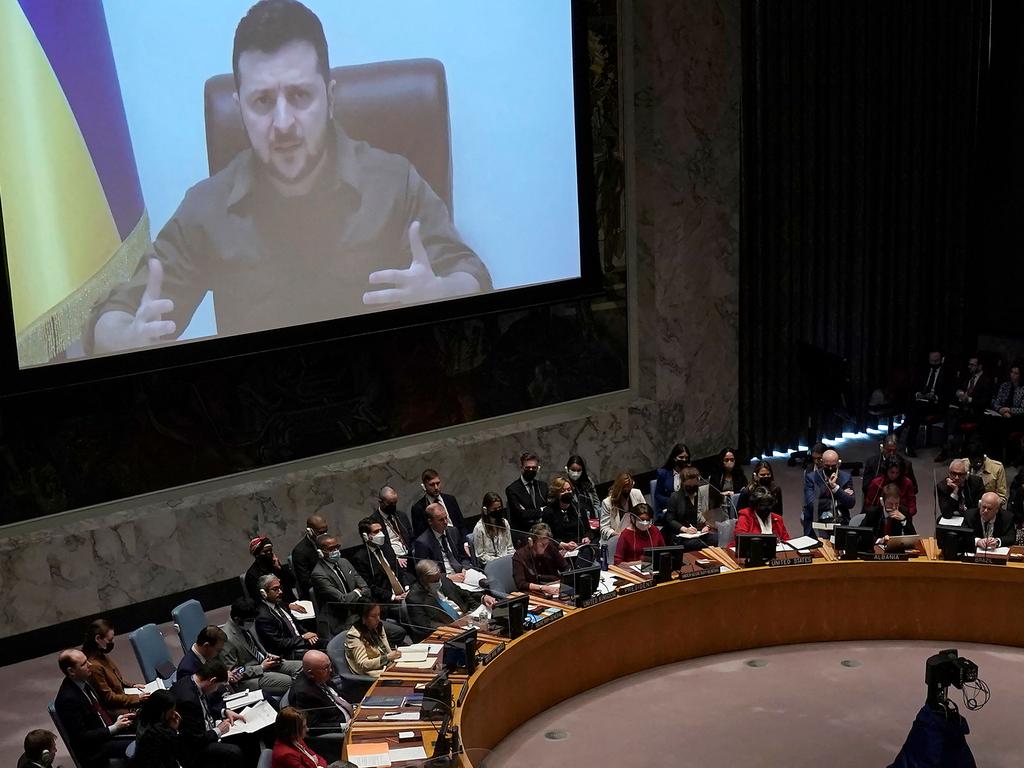
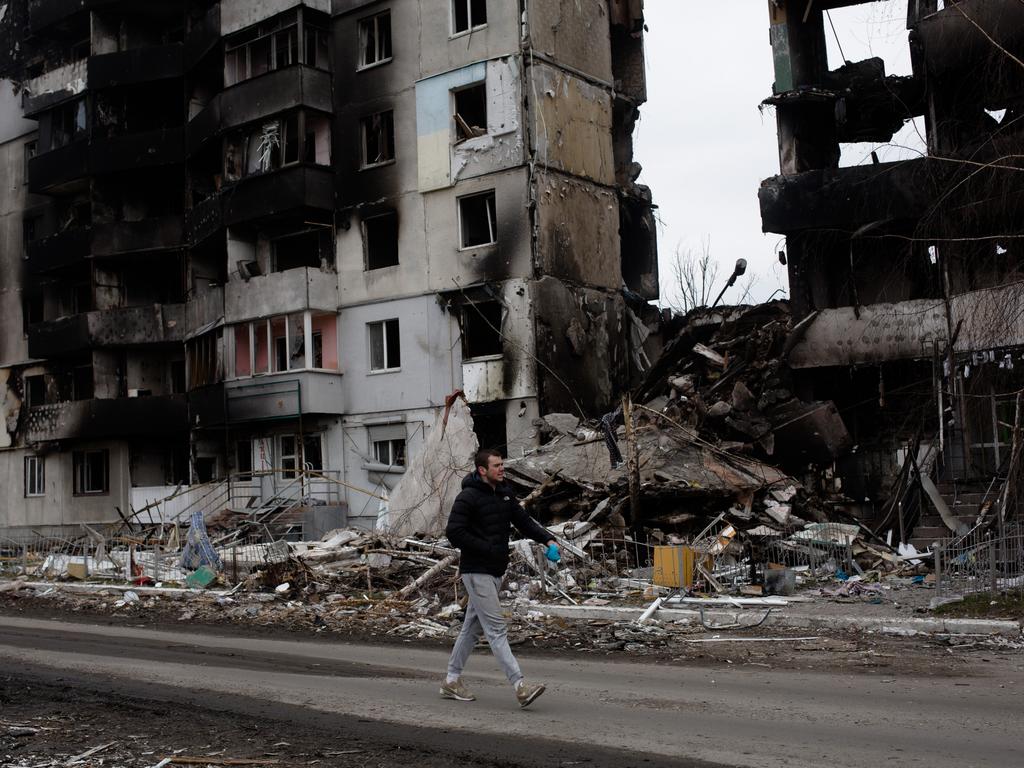
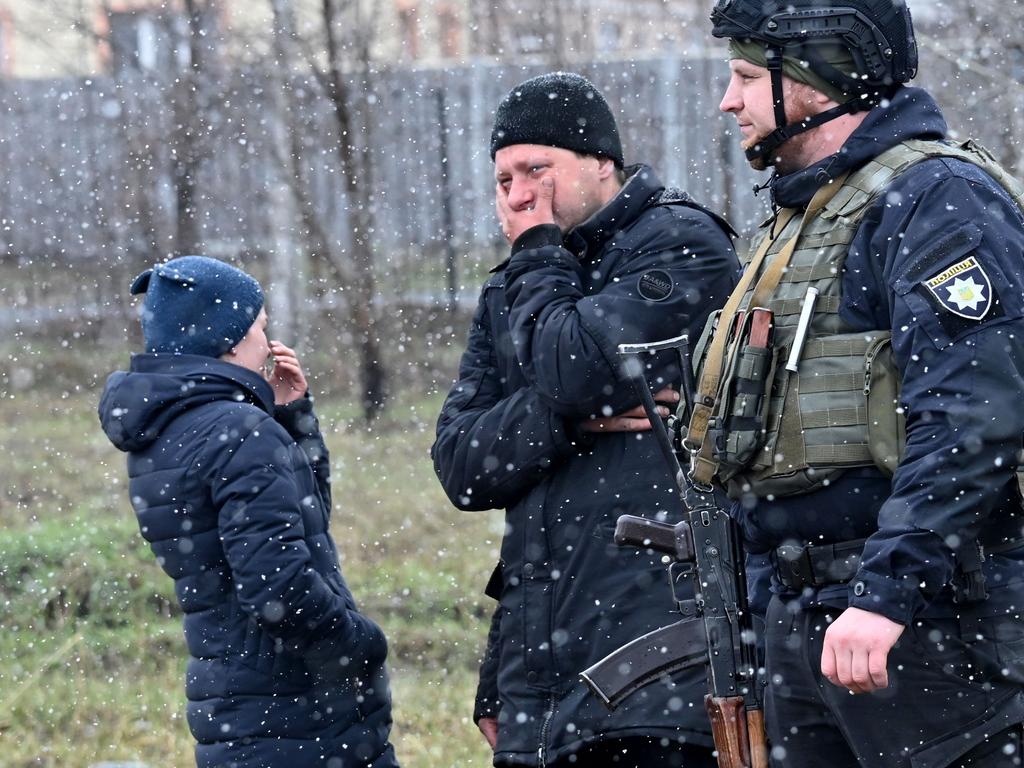
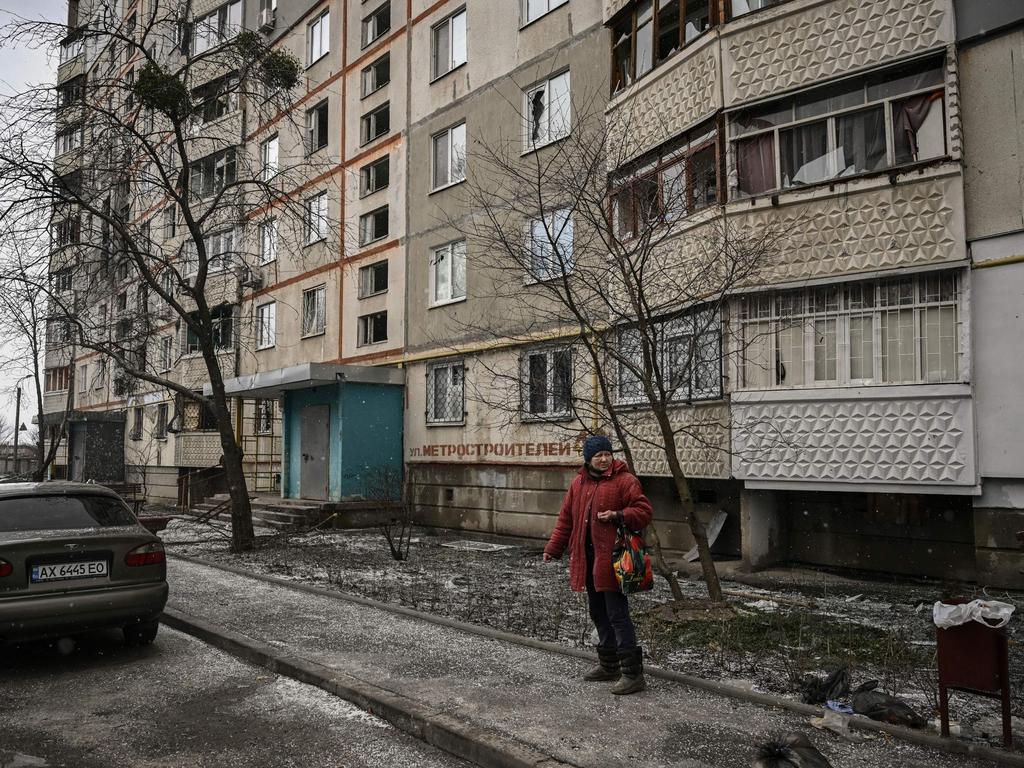


To join the conversation, please log in. Don't have an account? Register
Join the conversation, you are commenting as Logout